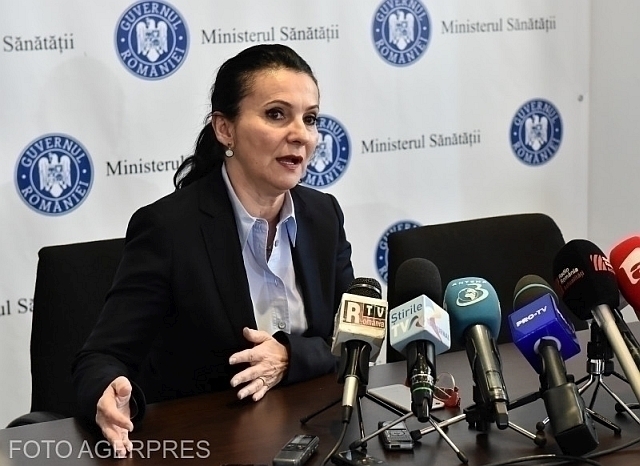Protests announced in public healthcare
Officials from the Romanian Health Ministry are discussing salaries with the trade unionists in the sector

Roxana Vasile, 13.03.2018, 13:42
In the nearly 30 years since the anti-communist revolution in Romania, public healthcare has remained a problem that none of the successive governments has managed to solve, that is to come up with a set of reforms able to improve medical services and to motivate staff to stay and work in the country. Against the background of chronic under-funding in the system, this has triggered a massive migration flow among doctors and nurses, who went abroad for better paid jobs.
Until recently, minor pay raises failed to keep healthcare staff from leaving the country, but gradually, starting last year, things appear to have changed from one month to the other. The net incomes of public healthcare staff have risen substantially, perhaps more than the wages of any other public employees in Romania. Even so, trade unions are rather unhappy with salaries and bonuses, and on Monday they announced protests that might go as far as to an all-out strike.
The incumbent Healthcare Minister Sorina Pintea says there are no reasons for a strike, and gives the example of senior consultants, whose incomes have increased from a rough 1,700 euros to over 2,700 euros, which is comparable to the salary of a fellow physician in any European Union country.
Sorina Pintea: “A senior consultant in an internal medicine unit benefits from a 15% pay raise. In December 2017 such a doctor made 7,650 lei per month, in March 2018 they earn 12,481 lei. So as you can see, these are no small salaries. And as long as incomes are not dropping, I can see no reason for an all-out strike. It would be hypocritical of them to go on strike, in my opinion. I believe we can negotiate and find solutions to all problems, but we should not forget that further bonuses can also be paid from the independent revenues of hospitals, for instance revenues from healthcare services provided on demand.”
Bonuses are indeed one of the bones of contention as far as trade unions are concerned, because they have been restricted to a maximum 30% of the salary, which the unionists regard as “terrible.” The president of the Sanitas Union Federation, Leonard Barascu, reviews the demands of trade unions:
“We want salary increases to be applicable to all fellow employees in the healthcare and social assistance sector. We also want the elimination of that 30% cap on bonuses, which makes it very difficult for us to pay the bonuses stipulated in the relevant regulations and which we are currently negotiating; and we want the offsetting of the income losses that some of our colleagues have incurred because of the transfer of social security contributions from employers to employees.”
Beyond these talks, the reforms in the sector continue, and Romania is to receive EU-funded grants of 650,000 euros in order to revise its Healthcare Law, an effort which is also supported by the World Health Organisation.
(Translated by Ana Maria Popescu)






























